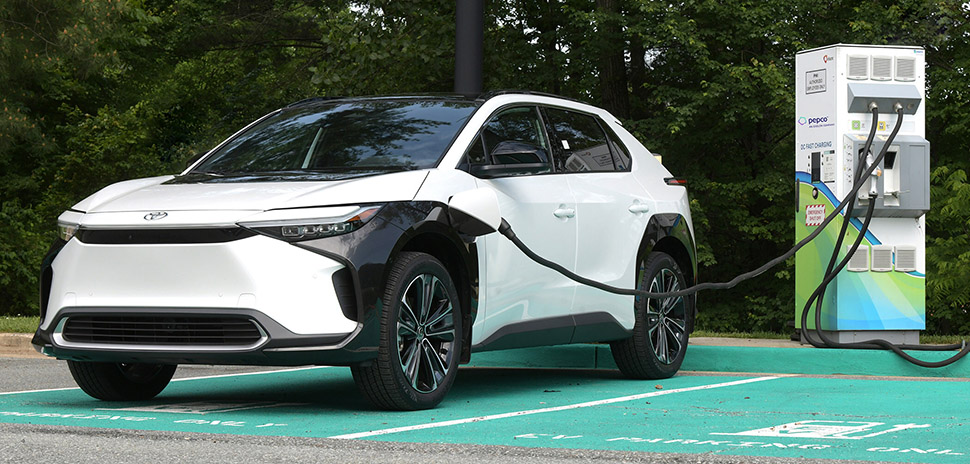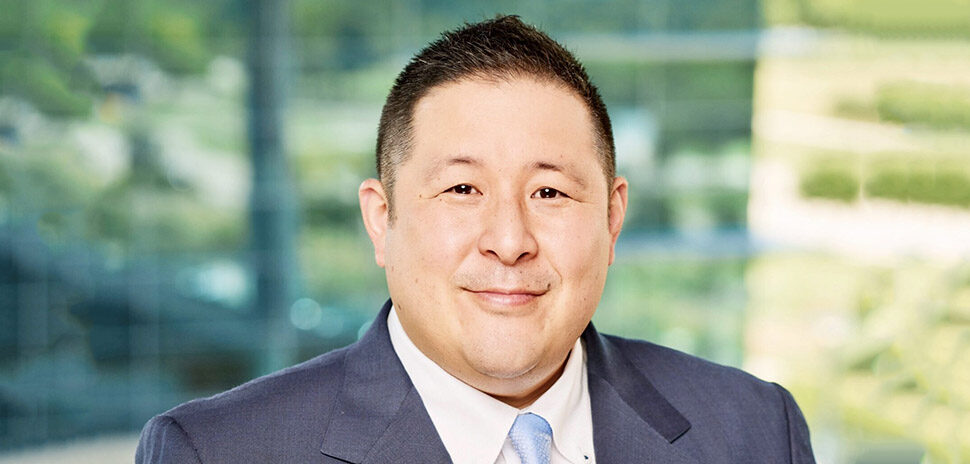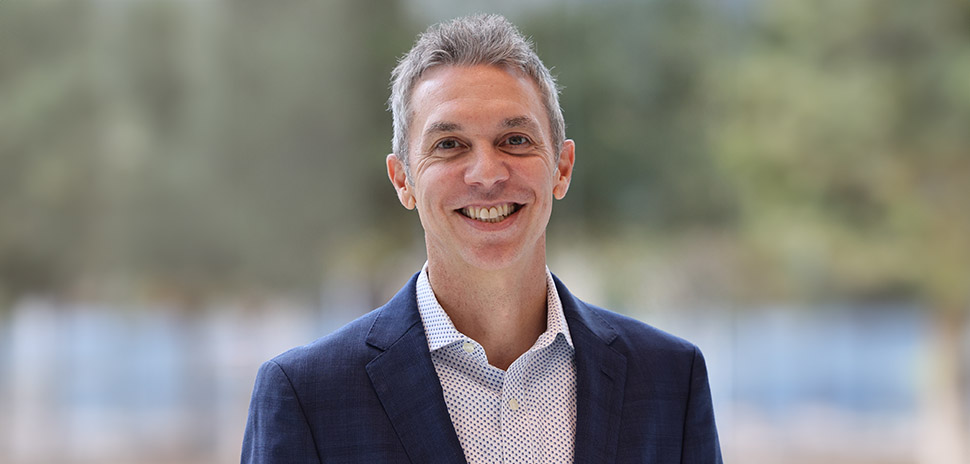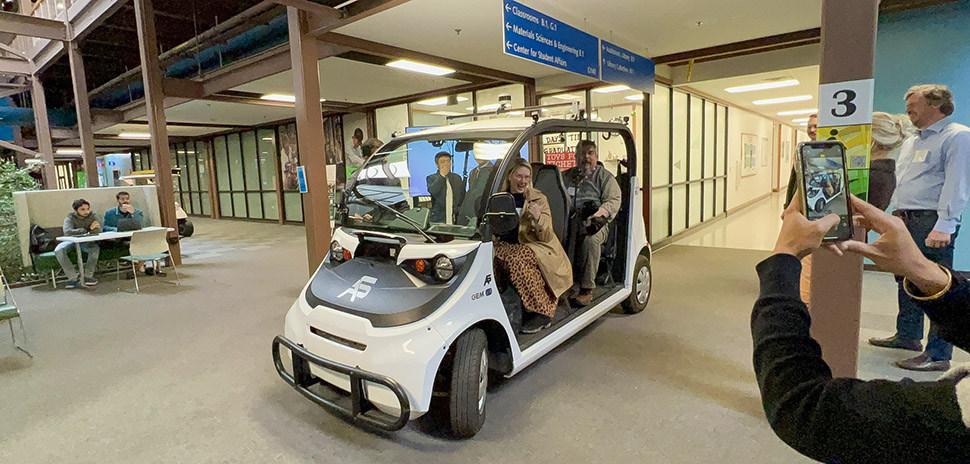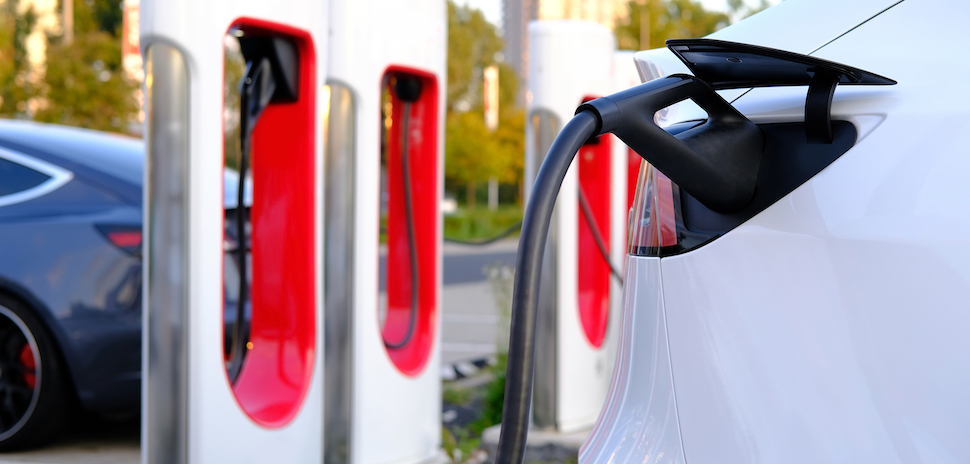Plano-based Toyota Motor North America and Washington, D.C.-based energy utility Pepco are joining forces on “vehicle-to-grid” research for battery electric vehicles (BEV) using a Toyota bZ4X.
The partners said they will explore bidirectional power flow technology that will allow BEV owners to not only charge their vehicle’s battery but also send power back to the local energy grid. The testing will take place in Maryland.
“Bidirectional charging is a great way for customers to leverage their electric vehicles in a way that supports the grids and their home electricity ecosystem,” Christopher Yang, group VP of Toyota EV Charging Solutions, said in a statement. “Working with Pepco will help us understand charging and discharging use-cases, which will ultimately benefit our customers and help utility providers better understand grid demands.”
Pepco is a unit of Exelon, a Fortune 250 company and the nation’s largest utility company, serving more than 10 million customers. Pepco provides service to roughly 944,000 customers in the District of Columbia and Maryland.
Sending power back to the grid
Toyota said that V2G technology has the potential to support and provide benefits to customers via improved energy reliability and resilience, the integration of renewables, and the possibility of reduced electricity costs.
The collaboration aims to understand the needs of EV owners through their charging habits and vehicle usage, which will be crucial in driving widespread adoption of V2G technology. Toyota said that nearly 80% of owners currently charge their EVs at home overnight when demand for energy is lower.
With bidirectional capability, Toyota said those vehicles could send power back to the local energy grid during peak demand hours or at other critical times, such as severe weather events.
Pepco’s part
The partners said that Maryland is one of the fastest growing EV markets in the nation and is targeting to have 300,000 EVs on the road by 2025. Pepco is helping Maryland lead this charge by installing 250 EV chargers across Montgomery and Prince George’s Counties. In April, Maryland also became the first state to pass vehicle-to-grid legislation when it passed HB 1256—the Distributed Renewable Integration and Vehicle Electrification (DRIVE) Act—that requires utilities to develop interconnection processes for bidirectional chargers.
“Pepco is leading the energy transformation in the communities we serve by embracing technology that is helping to drive the clean energy transition,” Tyler Anthony, president and CEO of Pepco Holdings, said in a statement. “V2G is designed to connect with the local energy grid and is part of our roadmap to ensure a successful and equitable energy transition. This collaboration with Toyota allows us to better understand V2G technology and its impact on the grid, our customers, and overall service reliability as we work together toward a more sustainable and resilient future for the communities we serve.”
The research will occur at Pepco’s Watershed Sustainability Center, located at the company’s Rockville Service Center in Montgomery County, Maryland, using a bidirectional charger.
Pepco said it will lead the effort to design and evaluate a variety of EV charging and discharging use-cases that potentially could provide grid and customer benefits. The demonstration project also will assist Pepco in understanding the infrastructure needed to enable the rapid growth of EV charging infrastructure and the nuances of interconnecting large numbers of V2G assets to the grid to better prepare the utility to implement requirements of the DRIVE Act and support customer adoption of this technology.
Rolling out more BEVs
Toyota currently offers two mass-market BEVs in the U.S. and Canada—the Toyota bZ4X and Lexus RZ. The automaker recently announced plans for two all-new three-row BEV SUVs that will be assembled at Toyota Motor Manufacturing Kentucky and Toyota Motor Manufacturing Indiana.
By 2030, Toyota aims to offer 30 BEV models globally across its Toyota and Lexus brands and produce up to 3.5 million BEVs annually.
Toyota, creator of the Prius hybrid and the Mirai fuel cell vehicle, directly employs more than 63,000 people in North America with more than 49,000 of them in the U.S.
![]()
Get on the list.
Dallas Innovates, every day.
Sign up to keep your eye on what’s new and next in Dallas-Fort Worth, every day.

